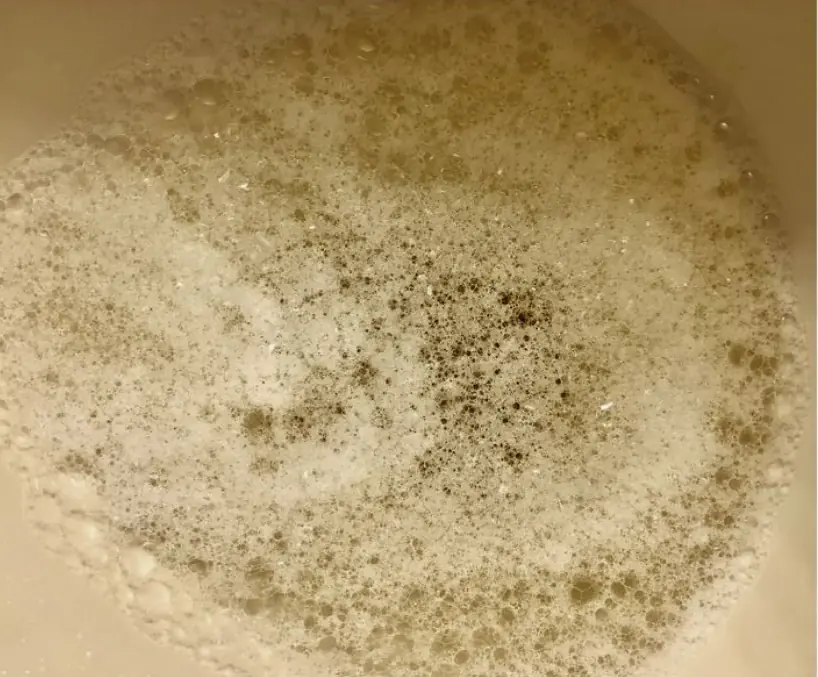
How to remove phlegm and mucus from chest and throat
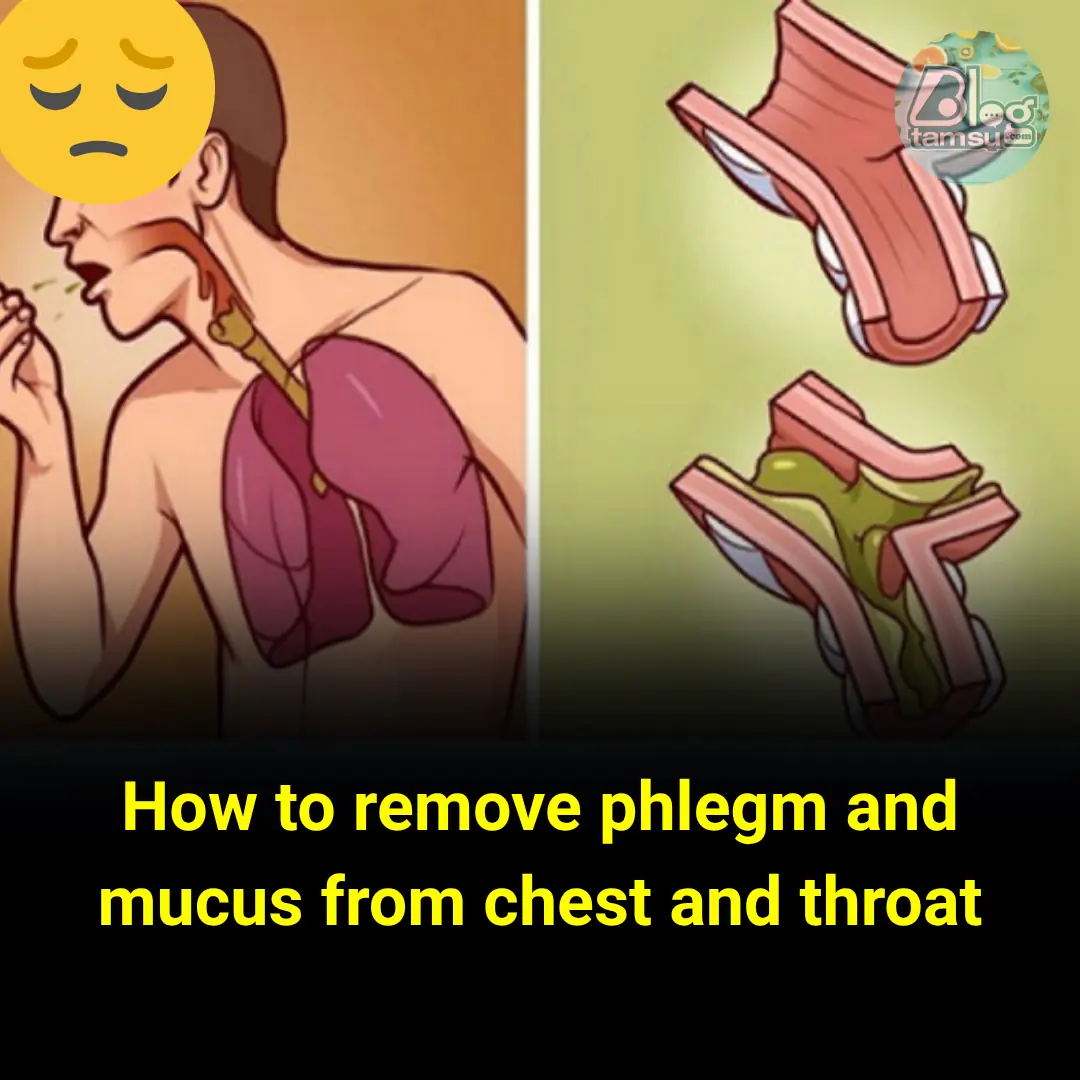
Various home remedies can help manage phlegm and mucus, such as drinking plenty of fluids and using a saline nasal spray or rinse. If home remedies do not help, over-the-counter and prescription medications are available.
Infections, allergies, and smoking can cause excess mucus to build up in the body.
Keep reading to learn more about home remedies and medications that can help.
Consider the following steps to help eliminate excess mucus and phlegm:
1. Keep the air moist
Dry air irritates the nose and throat, causing more mucus to form as a lubricant. Placing a cool mist humidifier in the bedroom can promote better sleep by keeping the nose clear and preventing a sore throat.
2. Drink plenty of fluids
The body needs to stay hydrated to keep mucus thin. When a person is sick with a cold, drinking extra fluids can thin mucus and help drain the sinuses.
People with seasonal allergies may also find that staying hydrated helps reduce congestion.
3. Apply a warm, wet washcloth to the face
A warm, wet washcloth can be a soothing remedy for a pounding sinus headache. Inhaling through a damp cloth is a quick way to return moisture to the nose and throat. The heat will help to relieve pain and pressure.
4. Keep the head elevated
When the buildup of mucus is particularly bothersome, it may help to sleep propped up on a few pillows or in a reclining chair. Lying flat can increase discomfort because it may feel like mucus is collecting at the back of the throat.
A person may also benefit from hypoallergenic pillows when elevated.
5. Do not suppress a cough
It may be tempting to use suppressants when experiencing a nagging, phlegm-filled cough. However, coughing is the body’s way of keeping secretions out of the lungs and throat. Use cough syrups sparingly, if at all.
6. Discreetly get rid of phlegm
When phlegm rises from the lungs into the throat, the body is likely trying to remove it. Spitting it out is healthier than swallowing it.
7. Use a saline nasal spray or rinse
A saline spray or irrigator can clear mucus and allergens from the nose and sinuses. Look for sterile sprays containing only sodium chloride, and use sterile or distilled water when rinsing.
8. Gargle with salt water
Saltwater can soothe an irritated throat and may help clear residual mucus. A person can add one teaspoon of salt in a glass of warm water and gargle several times per day.
9. Use eucalyptus
Experts have used eucalyptus products for years to
10. Avoid smoking and secondhand smoke
Smoking and secondhand smoke
11. Minimize the use of decongestants
While they dry secretions and can alleviate a runny nose, decongestants may make it harder to get rid of phlegm and mucus.
12. Keep allergies in check
Seasonal allergies can lead to a runny or stuffy nose, as well as excess mucus and phlegm.
13. Avoid irritants
Chemicals, fragrances, and pollution can irritate the nose, throat, and lower airways, which causes the body to produce more mucus.
14. Keep track of food reactions
Some foods can cause reactions that mimic seasonal allergies. They may cause the nose to run and the throat to itch, leading to excess mucus. Make a record of foods that trigger an increase in phlegm or mucus.
15. Avoid alcohol and caffeine
Both substances lead to dehydration if a person consumes them in excess. When mucus and phlegm are an issue, drink plenty of warm, noncaffeinated beverages.
16. Take a hot bath or shower
Time spent in a steam-filled bathroom will help to loosen and clear mucus in the nose and throat. Allowing hot water to pulse on the face can also bring relief from sinus pressure.
17. Blow the nose gently
It may be tempting to keep blowing until thick mucus comes out. However, doing so too forcefully may hurt the sinuses, leading to pain, pressure, and possibly infection.
18. Eat plenty of fruit
A diet rich in fruit and possibly soy fiber may lead to fewer respiratory problems that have a link to phlegm.
19. Avoid foods that cause acid reflux
Acid reflux can lead to an increase in phlegm and mucus. People prone to heartburn should avoid trigger foods and ask a doctor about proper management.
There are many different medications available that can treat excess mucus buildup. One of the most popular of these is known as an expectorant.
Expectorants
Expectorants thin mucus and allow more effective coughing to clear airways. Guaifenesin is a common expectorant that is particularly effective at relieving congestion in the chest.
People first began using natural forms of guaifenesin in the
Guaifenesin is available in multiple forms:
- fast-acting tablets
- extended-release tablets
- liquid medications
Individuals taking medications with guaifenesin should stay hydrated and follow all doctor recommendations.
Other medications that treat mucus
The medication dornase alfa also works as an effective mucolytic. Individuals seeking mucus release can inhale this medication. This drug and other mucolytics can help to temporarily reduce mucus buildup throughout the airways.
Anyone seeking more information about medications treating mucus should consult a doctor. A medical professional can recommend the best medication for each case.
Treatments for mild cases
People with severe mucus buildup may need to visit a doctor for a prescription. However, for more mild cases, there are several OTC options.
Mucinex offers a number of products that help fight mucus. Its 12-hour expectorant features extended-release guaifenesin tablets for long-acting mucus relief.
Likewise, Robitussin offers an extra-strength syrup to treat phlegm and mucus. This syrup provides 6 hours of relief from mucus, congestion, and throat irritation.
In addition to guaifenesin, these tablets contain acetaminophen and pseudoephedrine hydrochloride for fever reduction and decongestion.
All of the medications above are available to purchase at local pharmacies.
Many believe that colored mucus coming from the nose indicates a bacterial infection. However, it may show that the immune system is fighting a virus or that a person is merely dehydrated.
A runny nose or feeling of stuffiness may also indicate allergies or a sinus infection. Individuals experiencing ongoing allergies or infections should visit a doctor. Severe allergies can require professional attention, and sinus infections may call for antibiotic treatment.
Individuals should also seek medical attention if they experience:
- a cough lasting more than 10 days
- nasal discharge that smells unpleasant
- blurred vision with a stuffy nose
- yellow or white spots on the back of the throat
Optum Now is owned by RVO Health. By clicking on this link, we may receive a commission.
There are many different reasons for phlegm and mucus in the body. However, in most cases, it is possible to find long-term relief.
Seasonal allergies may increase mucus production. OTC medications such as corticosteroids or antihistamines can keep allergy symptoms in check.
People with more severe allergies can also benefit from regular allergy shots. With the right medical supervision and treatment, most individuals will experience relief from allergy-related mucus.
The common cold may also
Finally, regularly smoking tobacco can
Excess phlegm and mucus may irritate in the short term, but OTC medications and lifestyle changes can ensure a positive outlook for most individuals.
Although excess mucus is generally not a serious problem, it may indicate a more serious condition in rare cases.
Does spitting out phlegm help you get better?
Coughing is one way the body gets rid of infection, but when it comes to spitting and swallowing phlegm, neither method will likely help a person recover quicker.
What happens if I swallow phlegm?
It is not harmful to swallow phlegm. Once in the stomach, acid will break down the bacteria in phlegm and it will travel through the digestive system before exiting the body.
Are mucus and phlegm the same thing?
Phlegm is a mixture of mucus and snot. Mucus is usually clear or gray and lines the body’s soft tissues, including the sinuses, mouth, and lungs. Snot is what the sinuses and nose produce during an infection.
In most cases, phlegm and mucus are signs of a mild condition that home care should resolve. Home remedies or OTC medications can help relieve symptoms.
Phlegm and mucus may cause mild discomfort or annoyance in the short term, but they generally do not cause serious concern with suitable care.
Individuals who experience phlegm, mucus, and other associated symptoms should consult a doctor. Allergy treatments or antibiotics may be necessary to address underlying conditions.
News in the same category


Your Body Might Be Low on Zinc — Here Are 6 Signs to Watch For

Woman gets brain infection after eating refrigerated watermelon
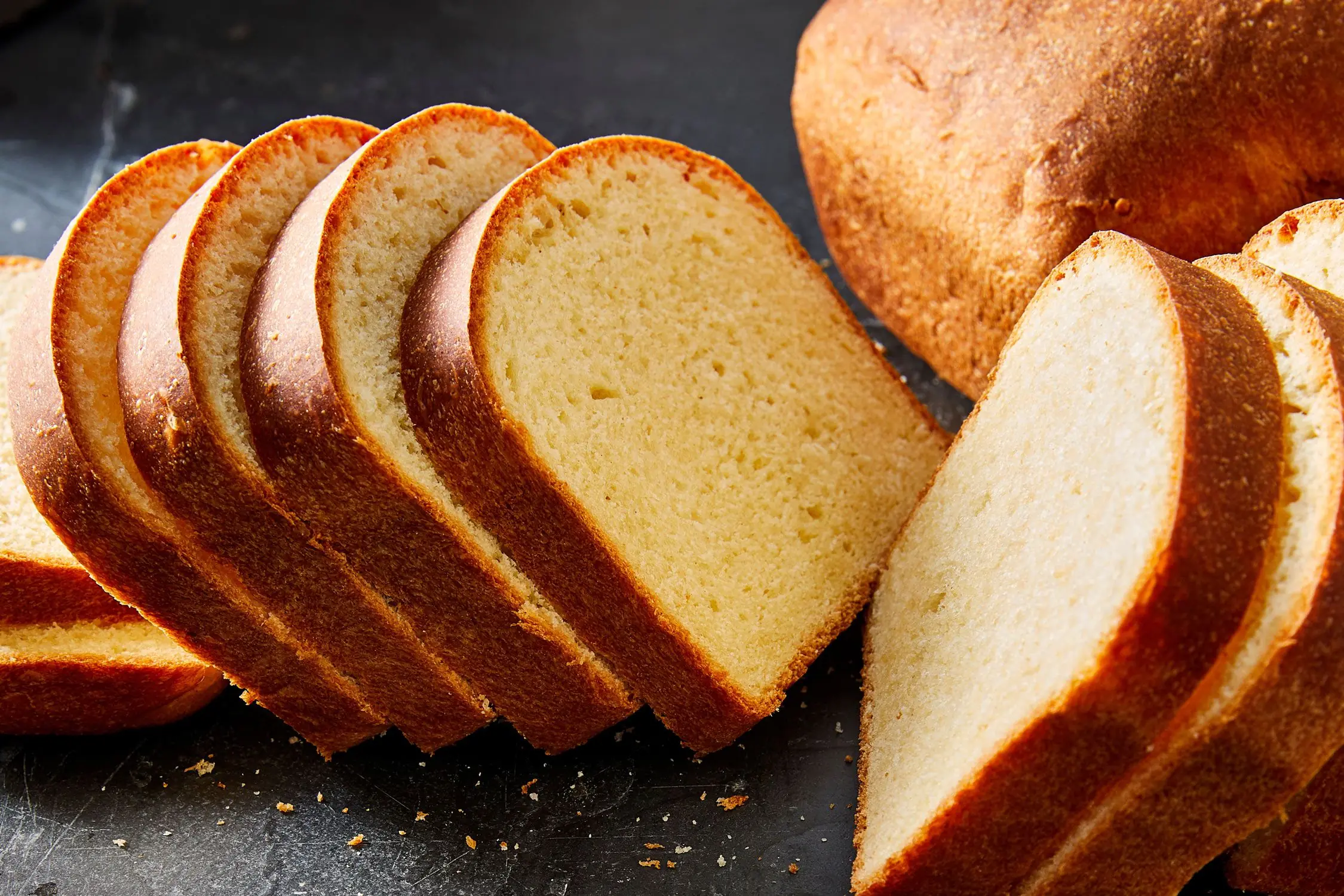
Bread May Be Delicious, But These 5 Groups Should Limit It
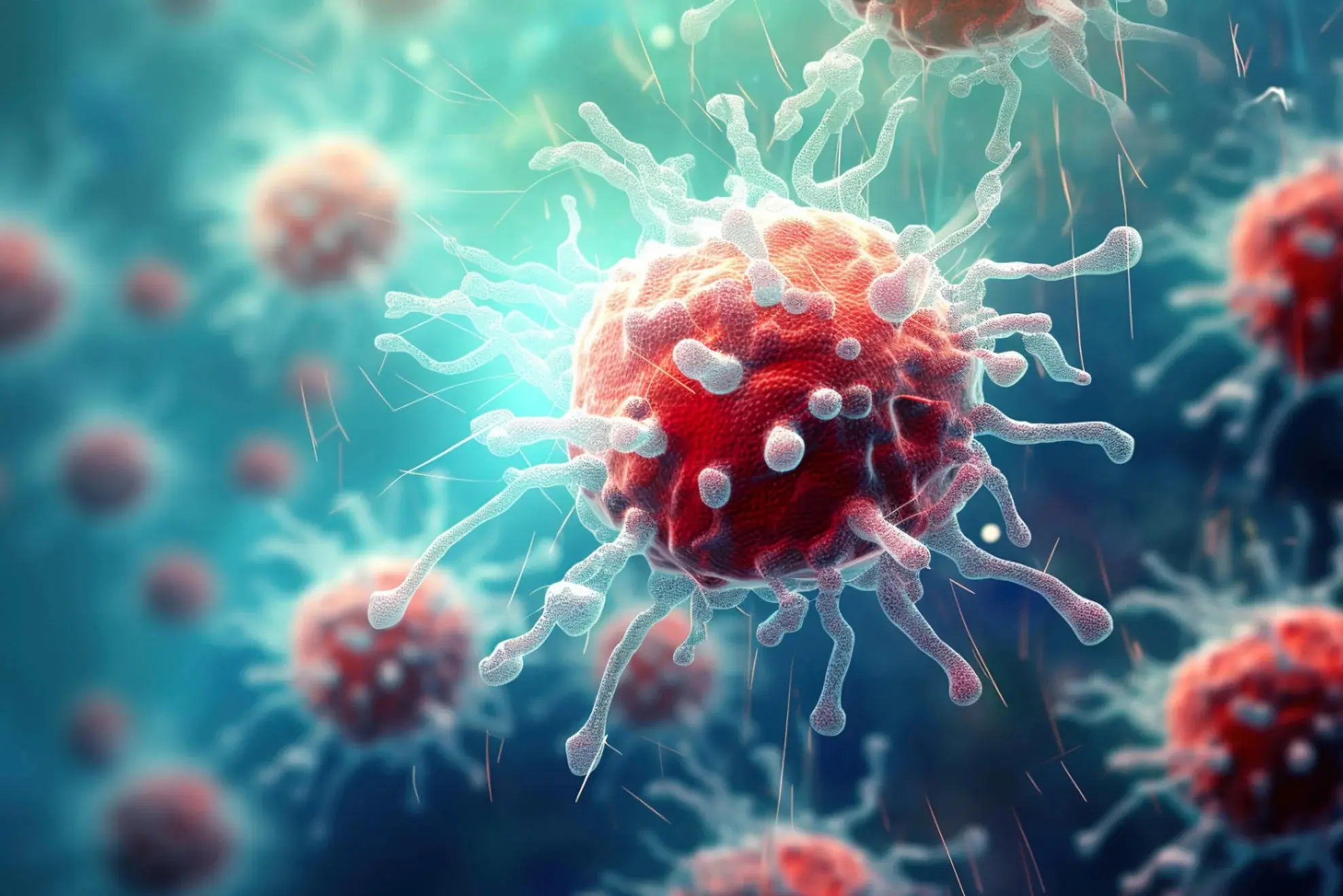
Identifying the “Switch” That Reduces Can.cer Cell Survival by 53%

Just 3 Minutes in the Morning: This Simple Test Can Reveal Hidden He.art Disease
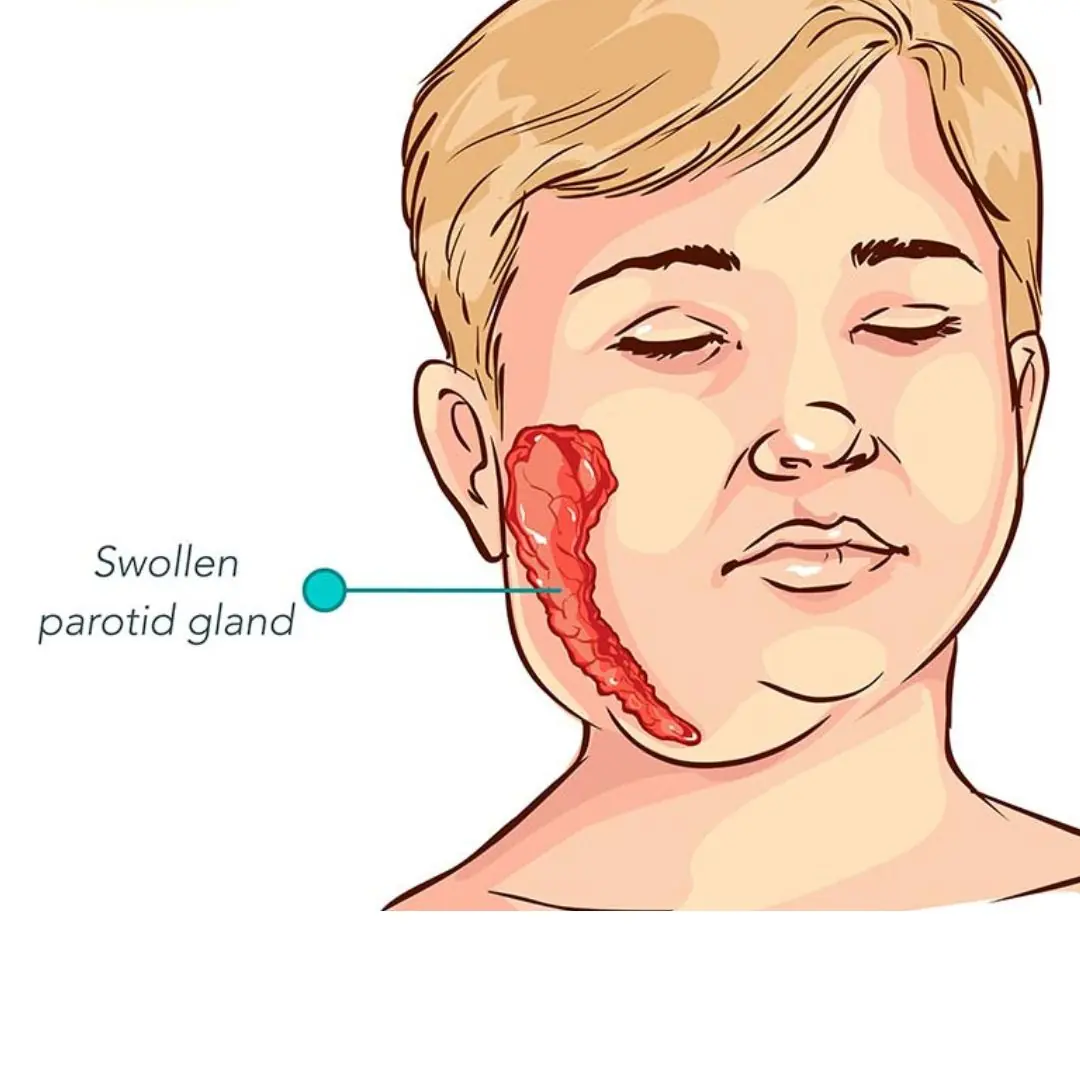
Does mumps in men affect reproductive health?

3 Types of Fruit Can.cer Cells “Love”
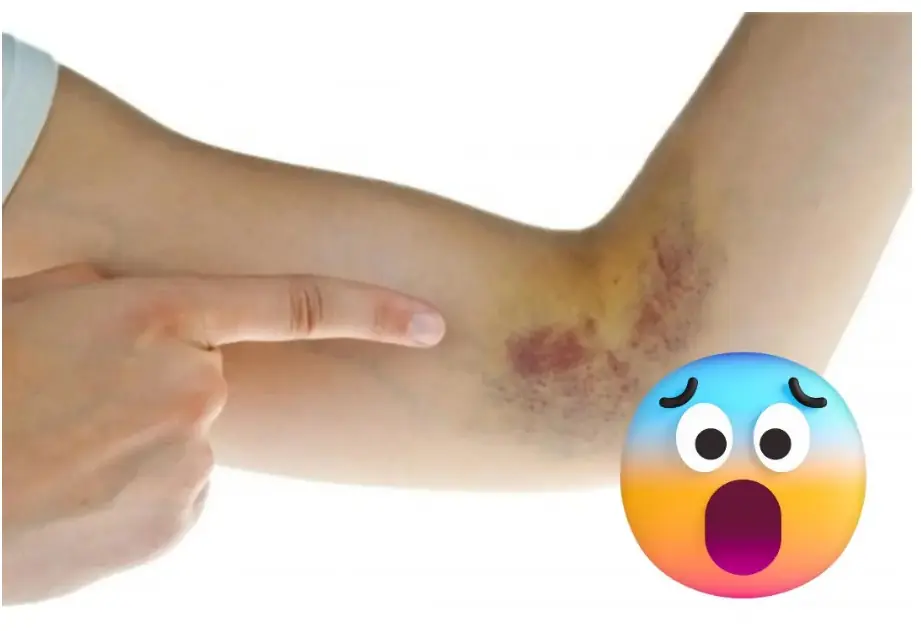
Simple signs to immediately recognize leukemia that you may never notice
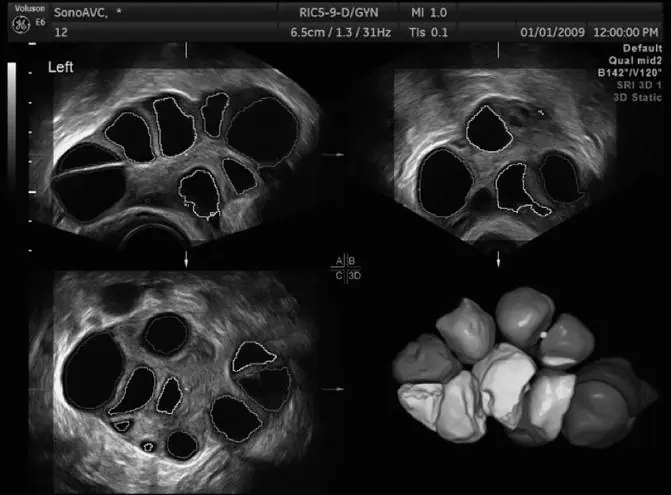
Two Kitchen Habits Behind Ova.rian Cysts — May Turn Can.cerous

3 Cooking Habits You Must Change Immediately
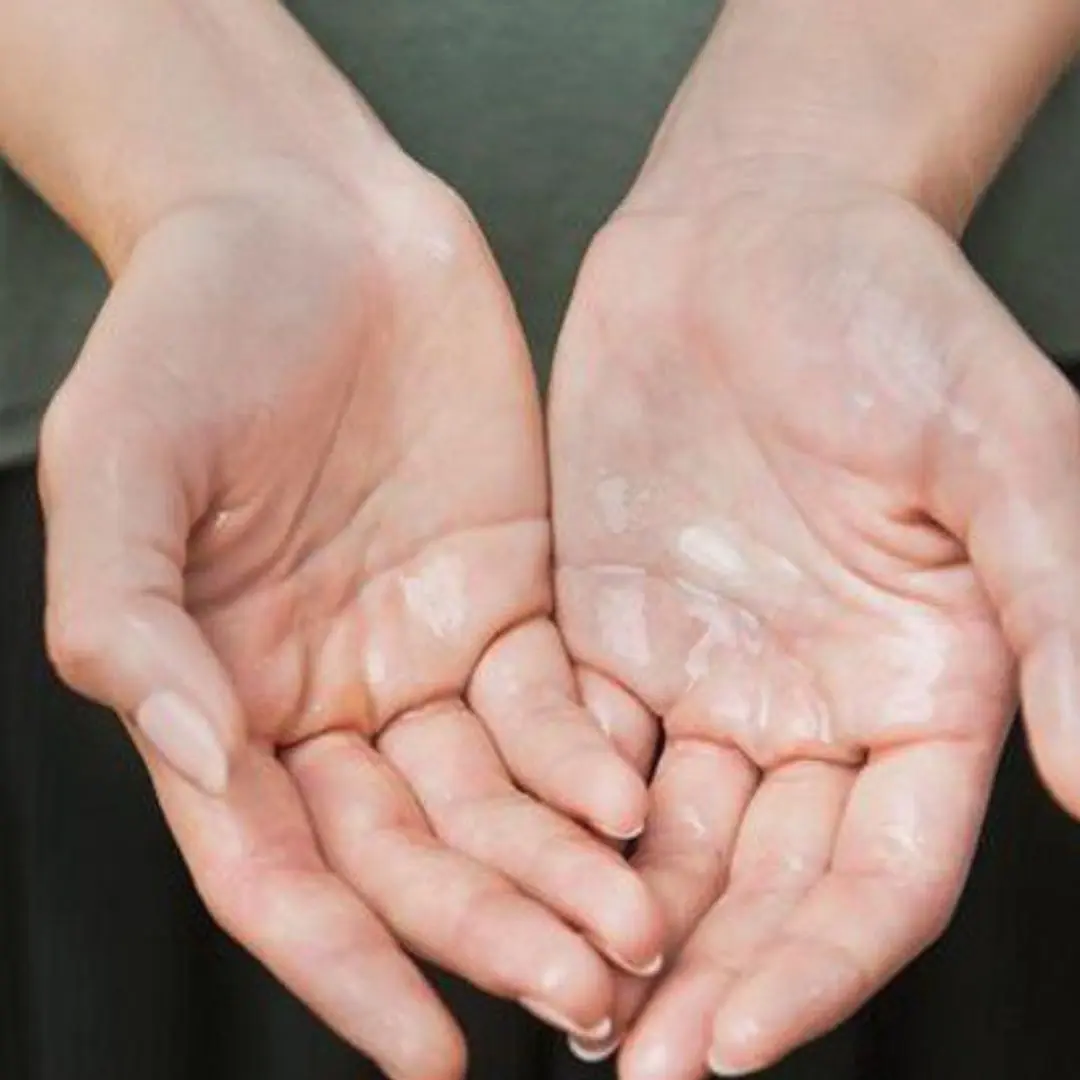
Why do hands and feet sweat in winter?
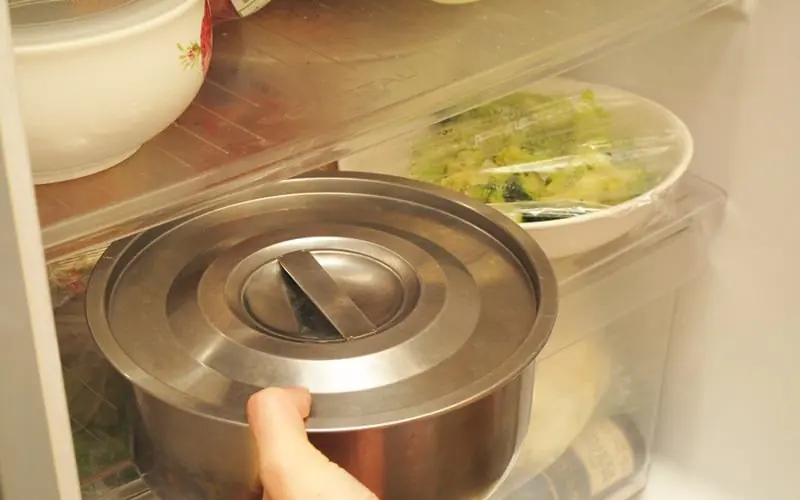
Both husband and wife were diagnosed with colon can:cer because of the same familiar habit!

Be Careful: 6 Common Foods Become To.xic When Reheated

These 3 types of fish should be eaten sparingly, they can increase the risk of can.cer, don't buy them just because they are cheap!

Want Radiant, Hydrated, and Glowing Skin This Summer? Eat These 5 "Magical" Fruits
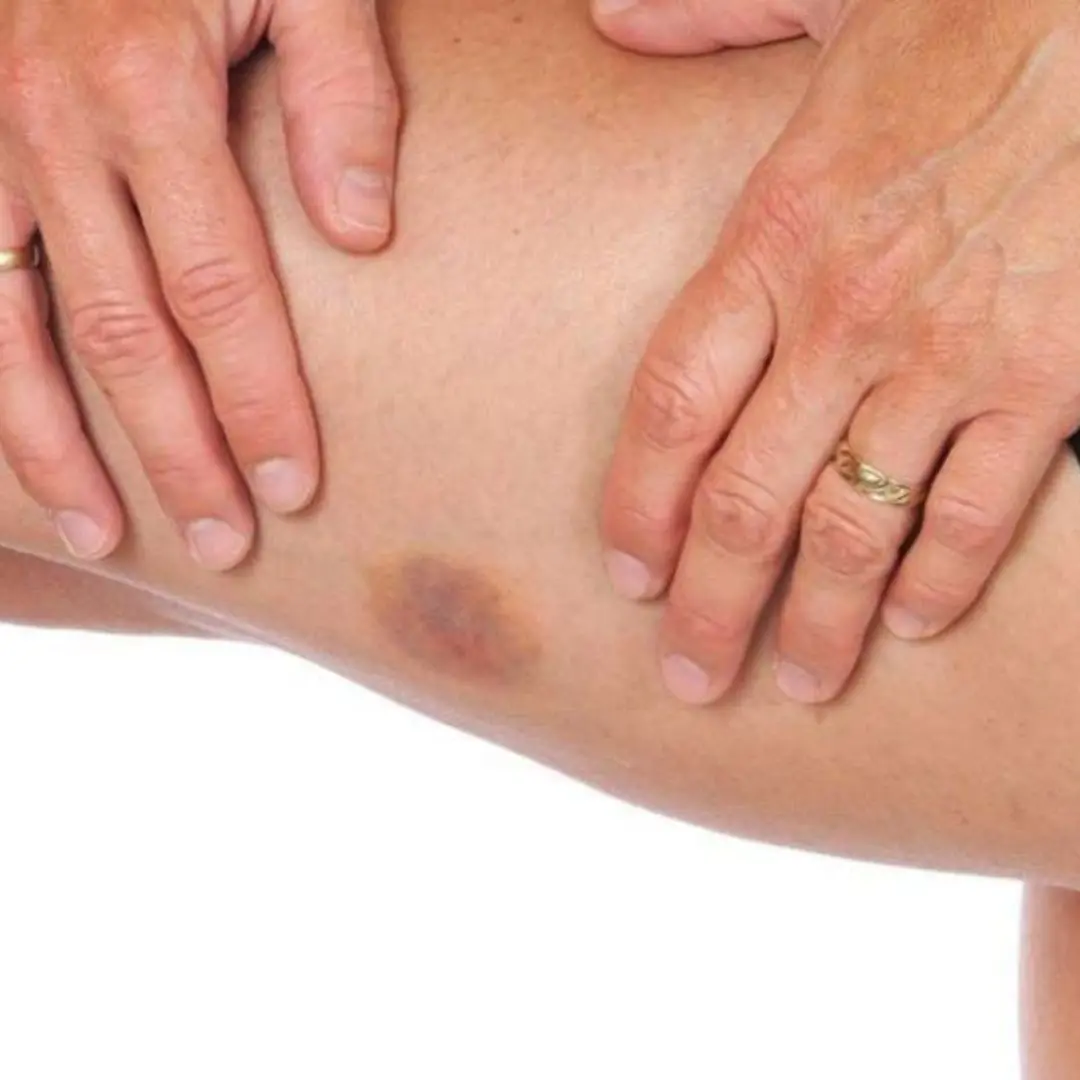
Unexplained Bruising on Your Body: Causes and Treatments
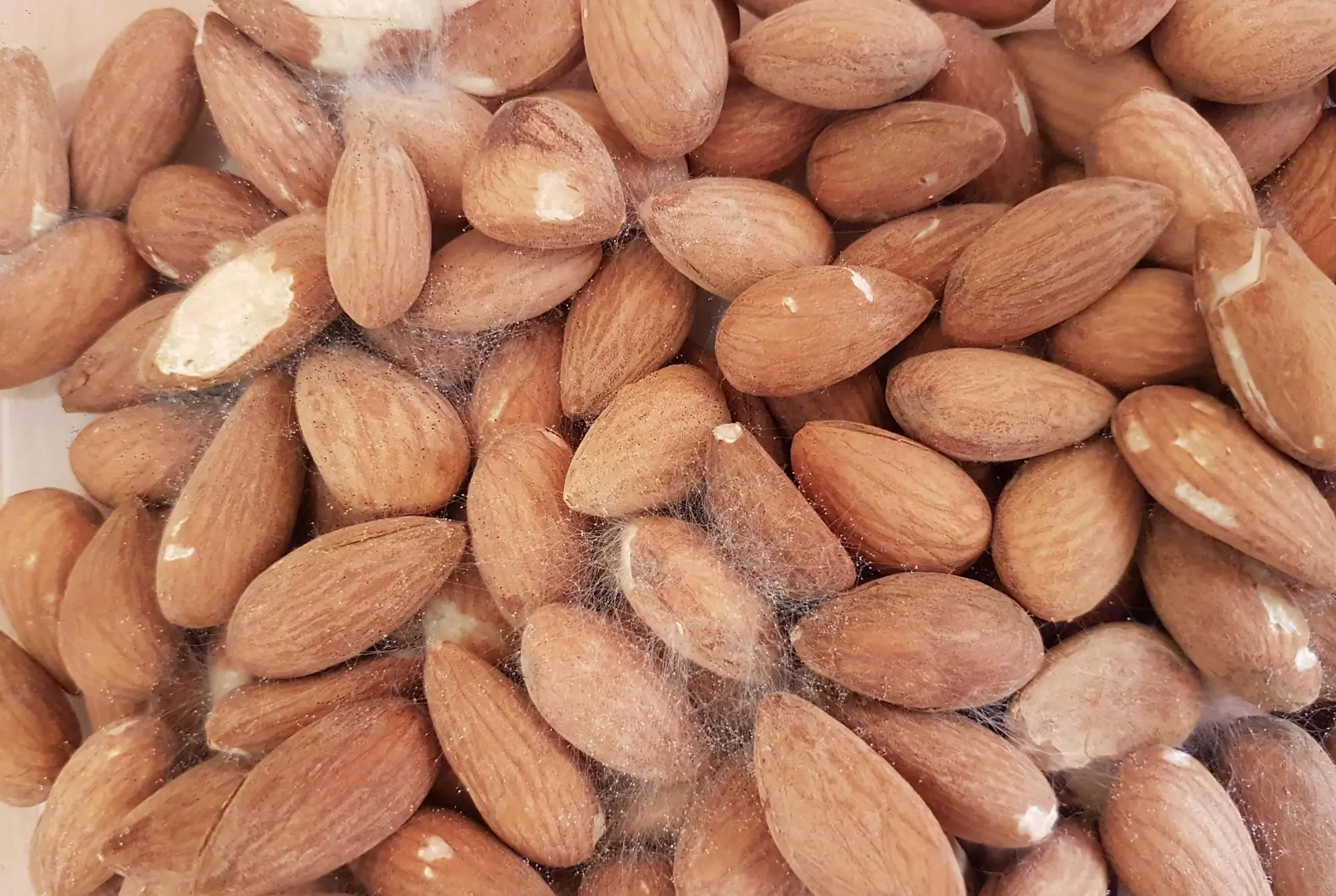
4 Types of Nuts You Should Never Eat If They've Been Sitting Around
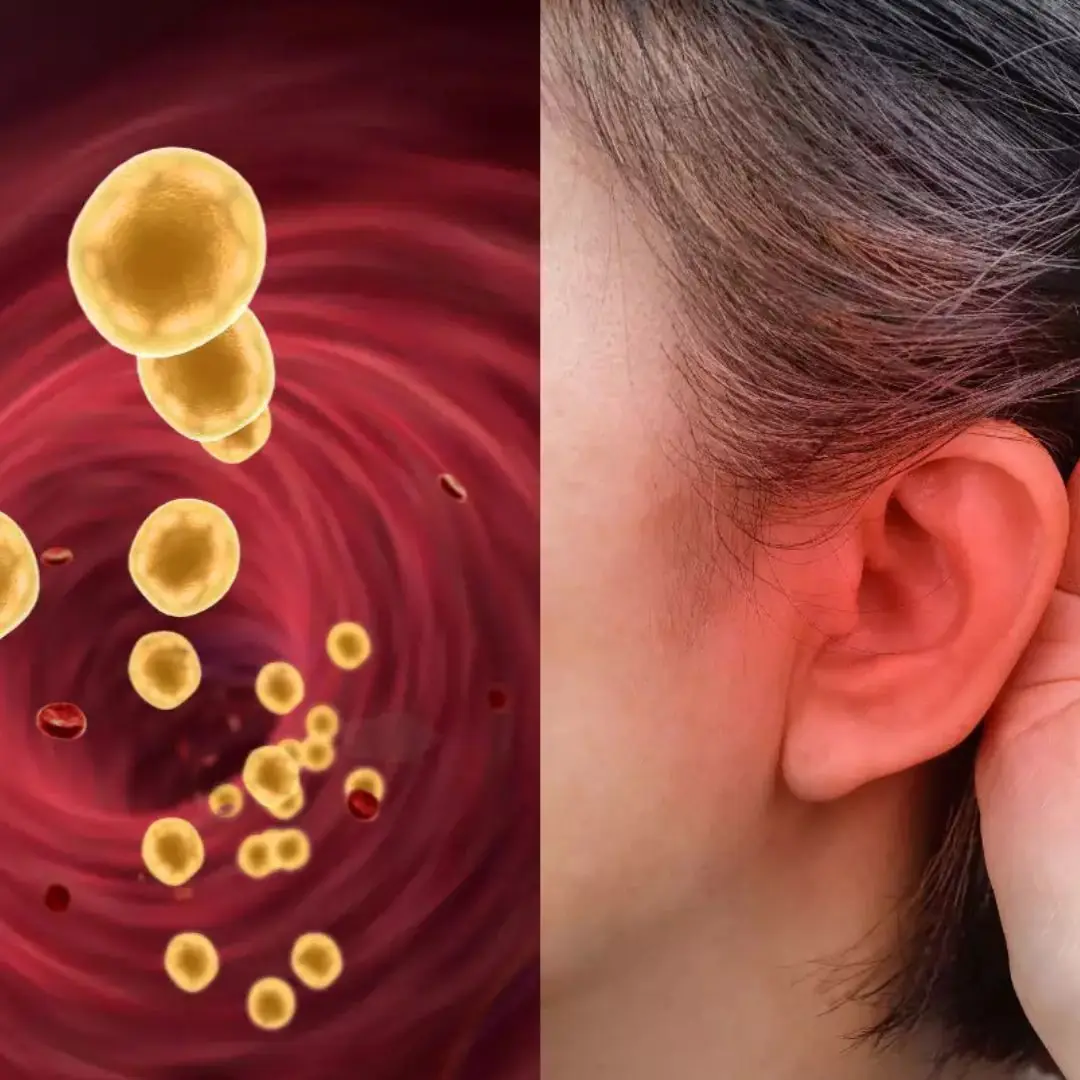
4 signs on the body to detect high bl.o.o.d f.a.t
News Post

6 Bodily Changes That Are “SOS Signals” From Your Kid.neys Before Can.cer

Does Using Strong Fan Mode on the Air Conditioner Consume More Electricity?

Your Body Might Be Low on Zinc — Here Are 6 Signs to Watch For
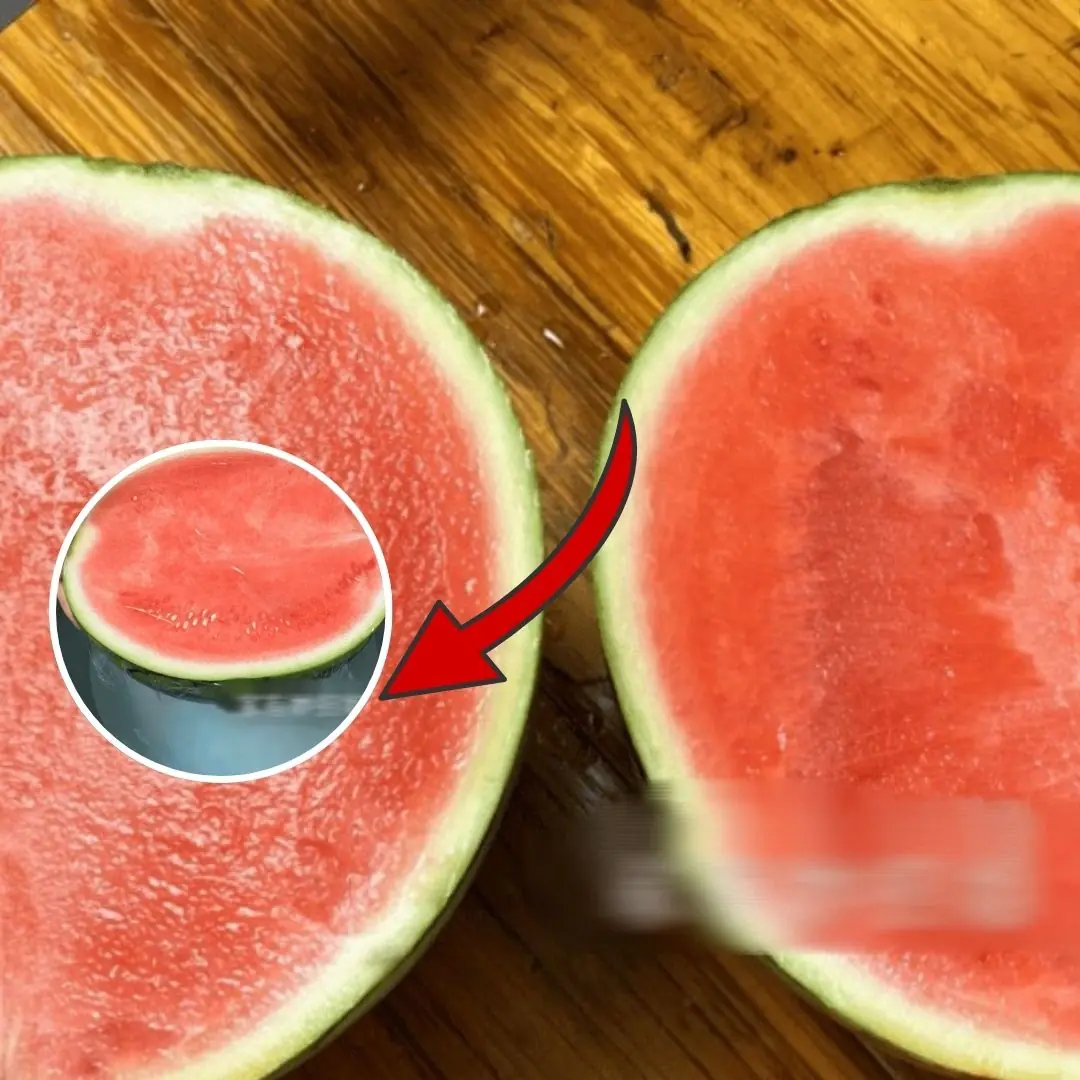
Leftover watermelon in the fridge is not necessarily safe – if not done properly, the risk of bacterial contamination is very high!

Woman gets brain infection after eating refrigerated watermelon

The Unpleasant Truth: 5 Familiar Items That You Think Are Clean But Are NOT, The Dirtiest Is Number 4 That Everyone Uses

Bread May Be Delicious, But These 5 Groups Should Limit It

The Surprising Benefits of Ginger Peel

Identifying the “Switch” That Reduces Can.cer Cell Survival by 53%

Just 3 Minutes in the Morning: This Simple Test Can Reveal Hidden He.art Disease

Does mumps in men affect reproductive health?

3 Types of Fruit Can.cer Cells “Love”
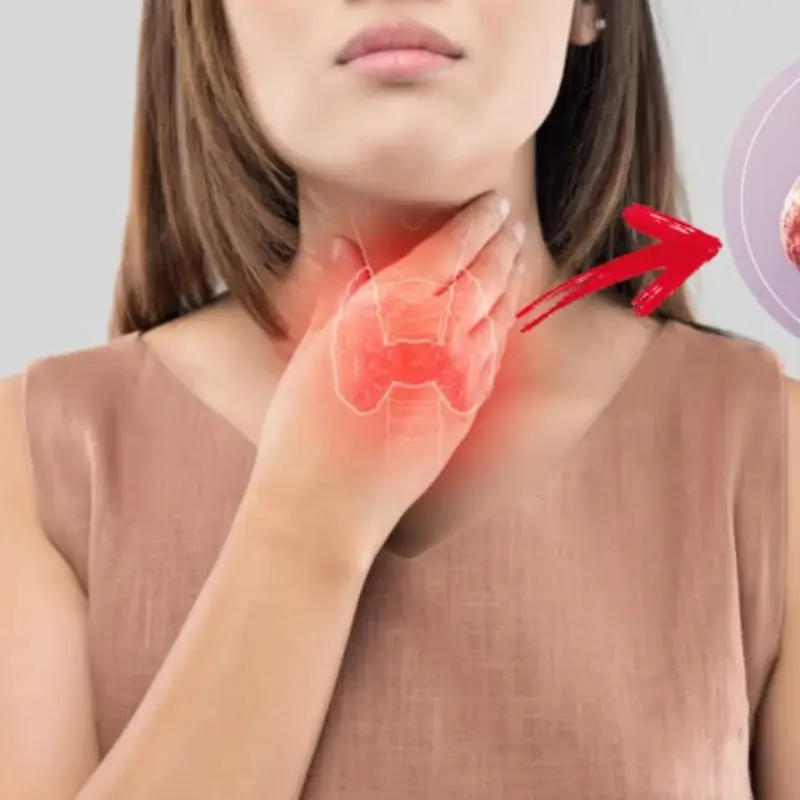
Thy.roid Can.cer Is a Silent Threat: 6 Groups of People Are at Higher Risk and Must Be Cautious

Simple signs to immediately recognize leukemia that you may never notice
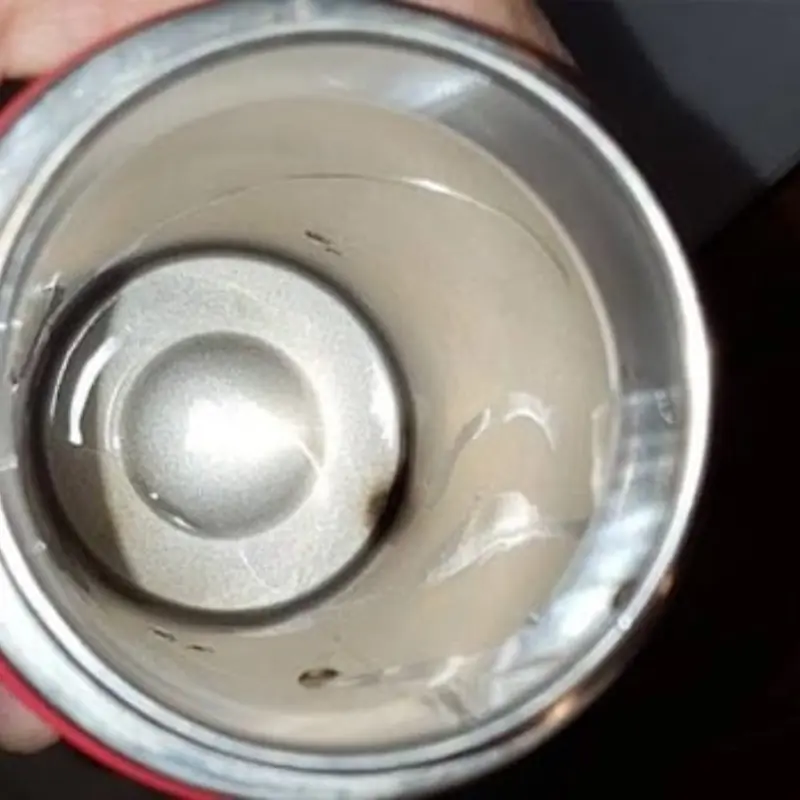
Warning: The Cup Many People Use to Drink Water Every Day Is No Different from “Drinking Poison”
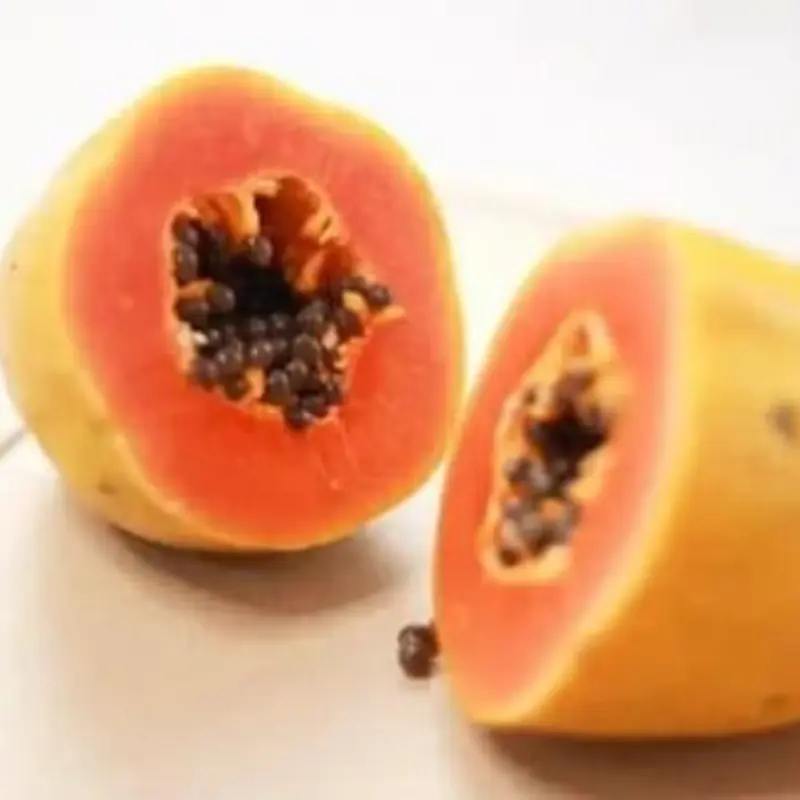
Eat These 5 Foods to Cleanse and Detox Effectively Every Day
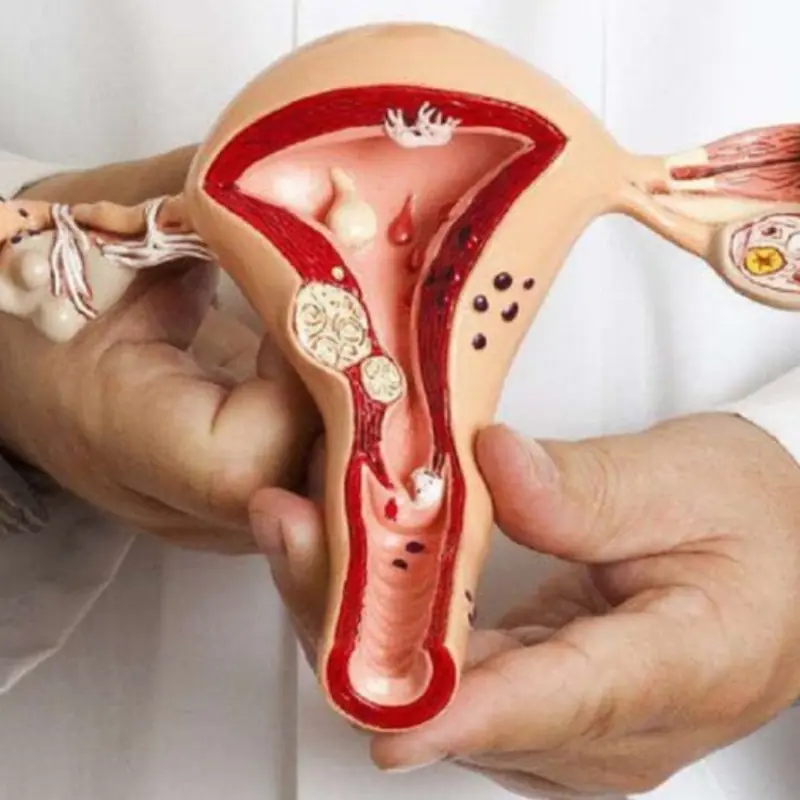
5 earliest signs of cer.vical can.cer: 90% of women tend to ignore them
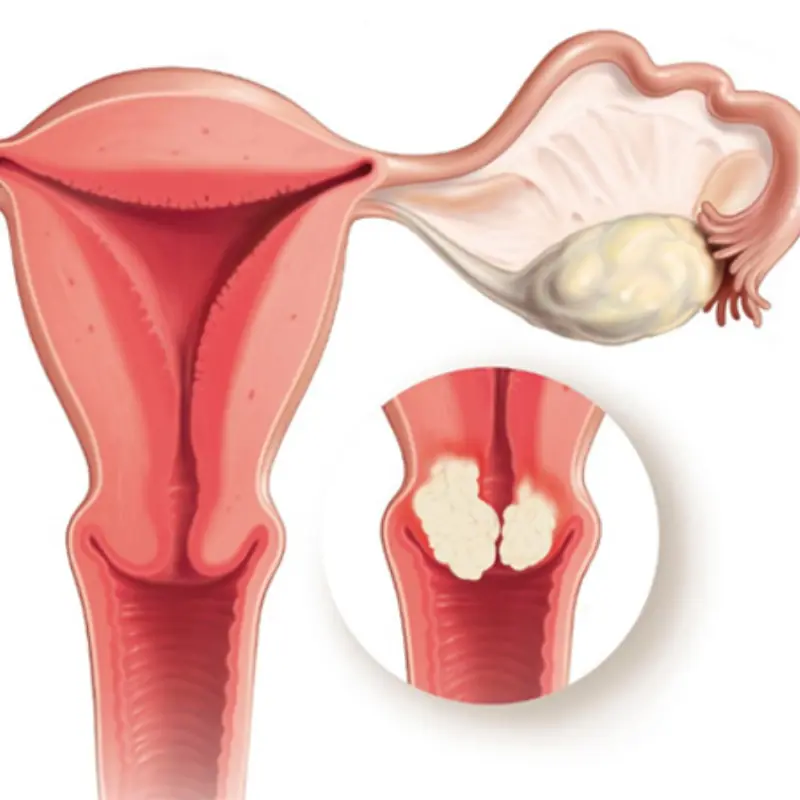
Women Who Frequently Eat These 5 Foods May Be Harming Their Uterus and Feeding Cancer Cells Without Knowing It
